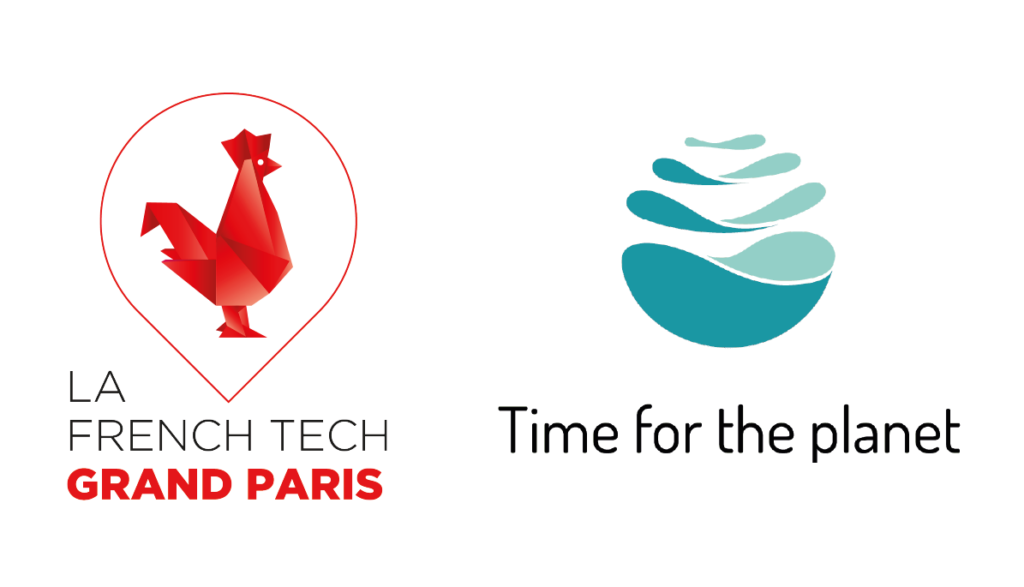The conjunction of retirements in the baby boomer generation and the rise of the digital era has profoundly transformed the professional landscape. As a result, an increasing number of companies are adapting their recruitment processes to integrate unique profiles that blend technical skills with strategic vision. This heralds the era of hybridization.
Impact of the Digital Revolution:
According to a study by the CCI Ile de France, “Today, we challenge the experts a lot, often confined to their expertise silo. The expert must be capable of working at the boundaries of their expertise, being able to communicate, share, and build. Communication and interpersonal skills for experts are atypical, yet they add up and make the difference,” stated Benoît Huver of Orange. (Prospective study January 2023 – CCI Ile de France)
Digital mutation imposes a new marketing strategy, shifting from mass targeting to highly personalized campaigns that require great agility. The relationship between brands and customers now focuses on the user experience, while the rapid evolution of consumption habits and the exponential growth of communication techniques demand continuous vigilance to stay updated.
Changes in the World of Work:
Digital mutation disrupts the workforce on two levels. Firstly, it fosters the emergence of hybrid positions, combining technical knowledge with a focus on the user experience, encouraging a cross-disciplinary approach. Secondly, it introduces a new corporate culture, with a redefinition of communication logics, spurred by an increasingly solicited audience. Consequently, companies are now compelled to address their customers directly rather than simply promote their products. In this context, the responsibility for digital transformation falls not only on the Chief Digital Officer but on all the roles within the company.
Evolution of Sought-after Profiles:
Faced with the rapid and exponential evolution of technologies, the challenge for these profiles is to remain responsive and adapt in real time to the market. This particularly applies to traditional marketing roles, where new skills are now necessary. Companies are now seeking cross-functional profiles capable of mastering development technologies while placing customer experience at the heart of their concerns. At Weblib, a major French player in WiFi and business digitalization, talent acquisition focuses on versatile profiles capable of combining technical expertise and customer orientation. The company prioritizes profiles that can understand not only the ‘how’ of coding but also the ‘why’ and, most importantly, the ‘for whom’. Consequently, the ability to handle both front and back-end has become an essential skill.
Recruitment Strategies for these Hybrid Profiles:
Finding these hybrid profiles, capable of combining technical skills with customer orientation, represents a significant challenge. Two approaches are favored to attract them. The first is to recruit externally to bring in new skills and help them grow. The second is to favor apprenticeships to train and integrate junior profiles right at the beginning of their professional journey. This strategy helps shape talents according to the specific needs of the company and enhances their skills. The primary goal is to make these profiles more employable while also promoting their retention to reduce turnover rates and increase the efficiency of the company, all while remaining closely aligned with customer needs.








